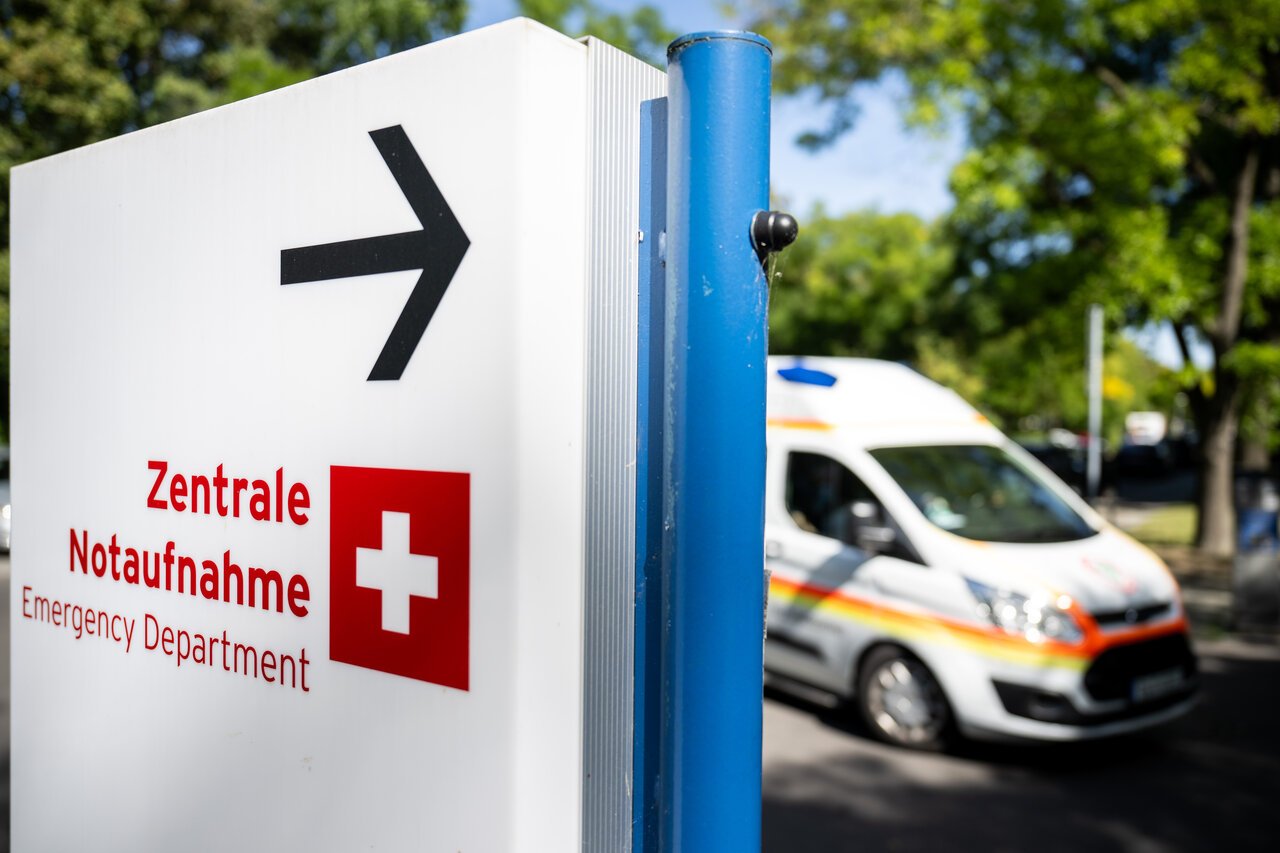Kenyan runner Daniel Ebenyo won first place in Berlin’s Half Marathon on Sunday with a finishing time of 59:30.
With the capital’s annual half marathon already concluded, the running season in Germany is well underway. But for anyone with a half or full marathon still on their 2024 to-do list, there are plenty more races to come.
READ ALSO: How living in Germany turned me into an athlete
In fact, dozens of lesser known marathon races take place across Germany each year from March to October. Many of the smaller races can be significantly easier and cheaper to sign-up for than those in Berlin, and some of the routes offer runners picturesque views of the countryside along the way.
Here are some of Germany’s upcoming marathon races in 2024:
Germany’s biggest marathons
Included among the ‘Big-5 marathon series’, the Berlin Marathon is one of the most popular marathon races in the world. In 2023, nearly 48,000 runners from 156 countries took part in the event. This year’s race will take place on September 29th.
Part of the Berlin Marathon’s appeal, for professional athletes and record seekers, is that the relatively flat course with few turns is considered one of the world’s fastest – world records have been set here many times.
But the course’s popularity also means that it is the hardest race to register for in Germany.
According to the event website, starting places are allocated by lottery. Registrants for the 2024 marathon already applied in the autumn of last year. Berlin’s Half Marathon can also be quite competitive to register for.
READ ALSO: Runners brave 160km marathon to mark fall of Berlin Wall
Registering with a charity is one way that potential racers can more readily join the race, but even this requires planning well ahead. (When a reporter from The Local tried to register for the marathon in February, multiple charities replied that they could instead join the wait list for a 2025 spot.)
So if you haven’t already secured a spot, joining the 2024 Berlin Marathon is probably out of the question. But marathons elsewhere in Germany can be much easier (and cheaper) to register for.
The country’s next largest marathons, in terms of number of finishers, include the Haspa Marathon in Hamburg, the Munich Marathon, and the Cologne Marathon.

Spring marathons in April and May
Coming up immediately, the Deutsche-Post Marathon in Bonn and the ADAC Marathon in Hanover are both scheduled for Sunday, April 14th this year.
The following weekend will see the Leipzig Marathon on Sunday, April 21st. According to the event website, the Leipzig Marathon dates back to 1897.
One week after that, the Haspa Marathon in Hamburg is scheduled for April 28th.
A few of the bigger marathons in May include: the Gutenberg Marathon in Mainz on May 5th, the Regensburg Marathon on May 12th, and the i-Welt Marathon in Würzburg on May 26th.
Germany’s most beautiful races
For those willing to travel beyond the bigger cities for a foot race, Germany’s forests, mountains, rivers and castles make for some awe-inspiring scenery along some of the lesser-known race routes.
The Spreewald Marathon, for example, offers a number of race events on flat ground with beautiful views of the surrounding waterways and forests. This year’s marathon is scheduled for April 21st, with bike and skate marathons the day before.
The Royal Castles Marathon Füssen offers nearly continuous views of the Alps and runs along several lakes. The race is scheduled for the July 20th this year.
For runners seeking a challenge, the Black Forest Marathon is known to be one of the most challenging and beautiful natural routes in the world, according to Runner’s World. Interestingly, the Schwarzwald race also happens to be the world’s oldest women’s marathon. The majority of the course is on forest paths, and takes place on October 12th and 13th this year.
For more extensive lists of Germany’s marathons check MarathonGuide.com or WorldsMarathons.com.




 Please whitelist us to continue reading.
Please whitelist us to continue reading.
Member comments